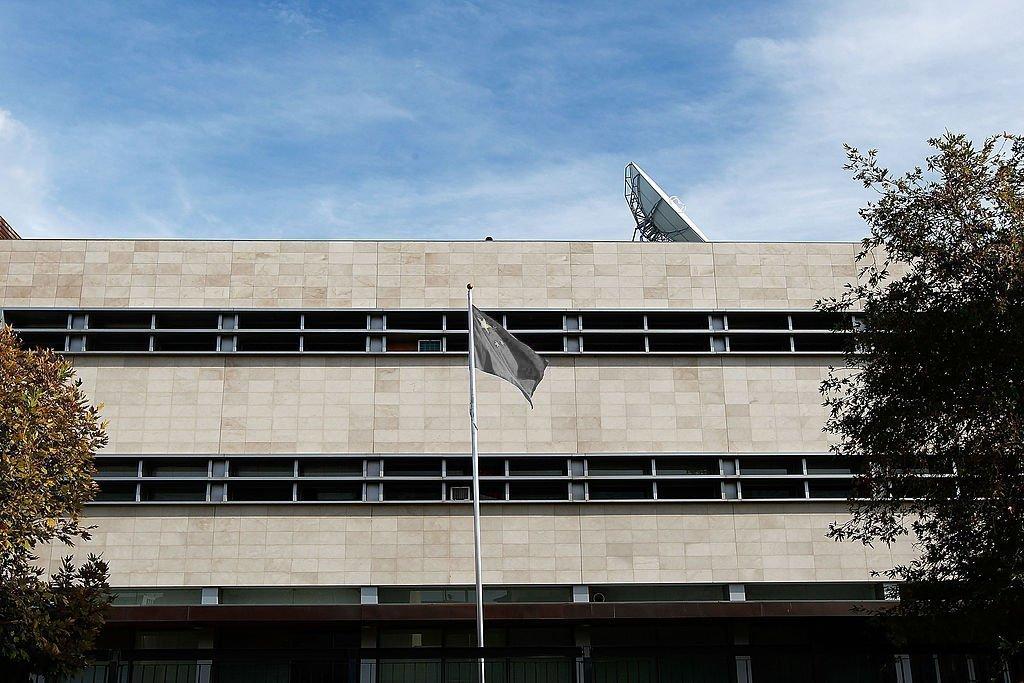Western Australia’s (WA) Premier Mark McGowan and Opposition Leader, the National Party’s Mia Davies, have both welcomed the new Chinese Consul-General to Perth, saying the state’s relationship with China is vital to the well-being of the state.
Long Dingbin—a strong proponent of Xi Jinping’s Belt and Road Initiative (BRI)—was positioned as head of the Chinese consulate in WA capital Perth last month, following a four-year stint as consul-general in Lahore, Pakistan. There he oversaw the development of one of Beijing’s largest, multi-billion dollar BRI projects—the China-Pakistan Economic Corridor (CPEC).





